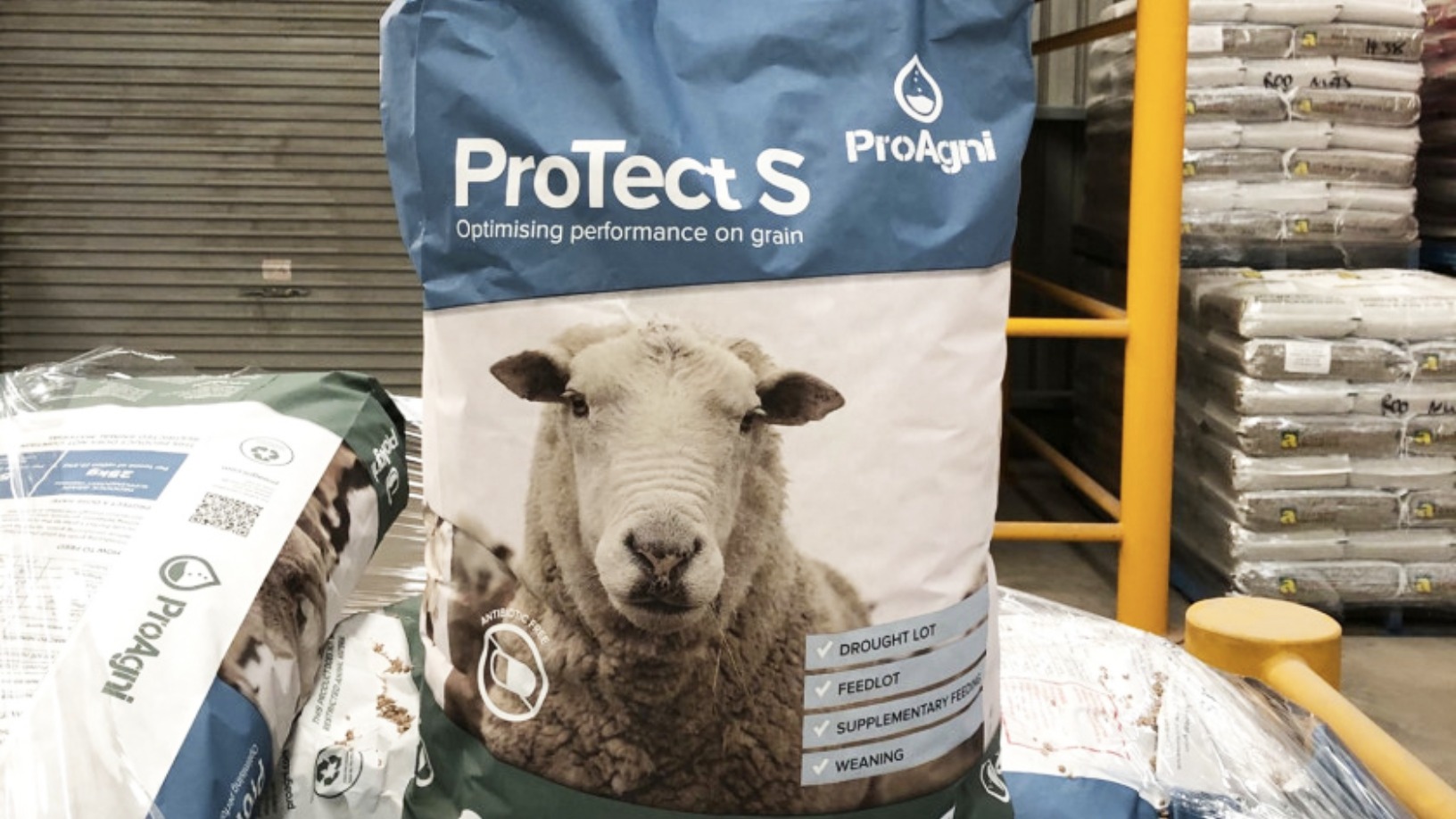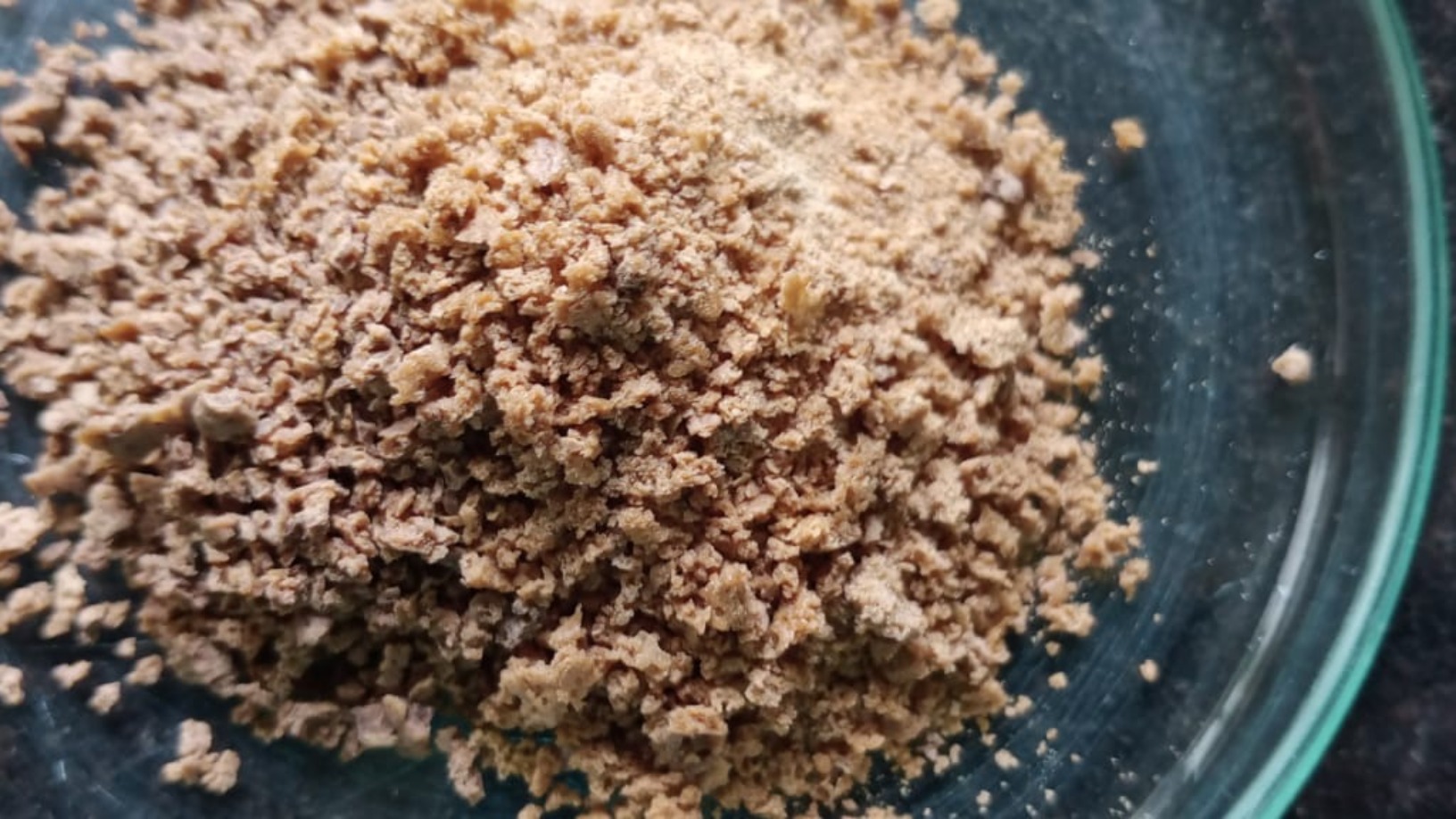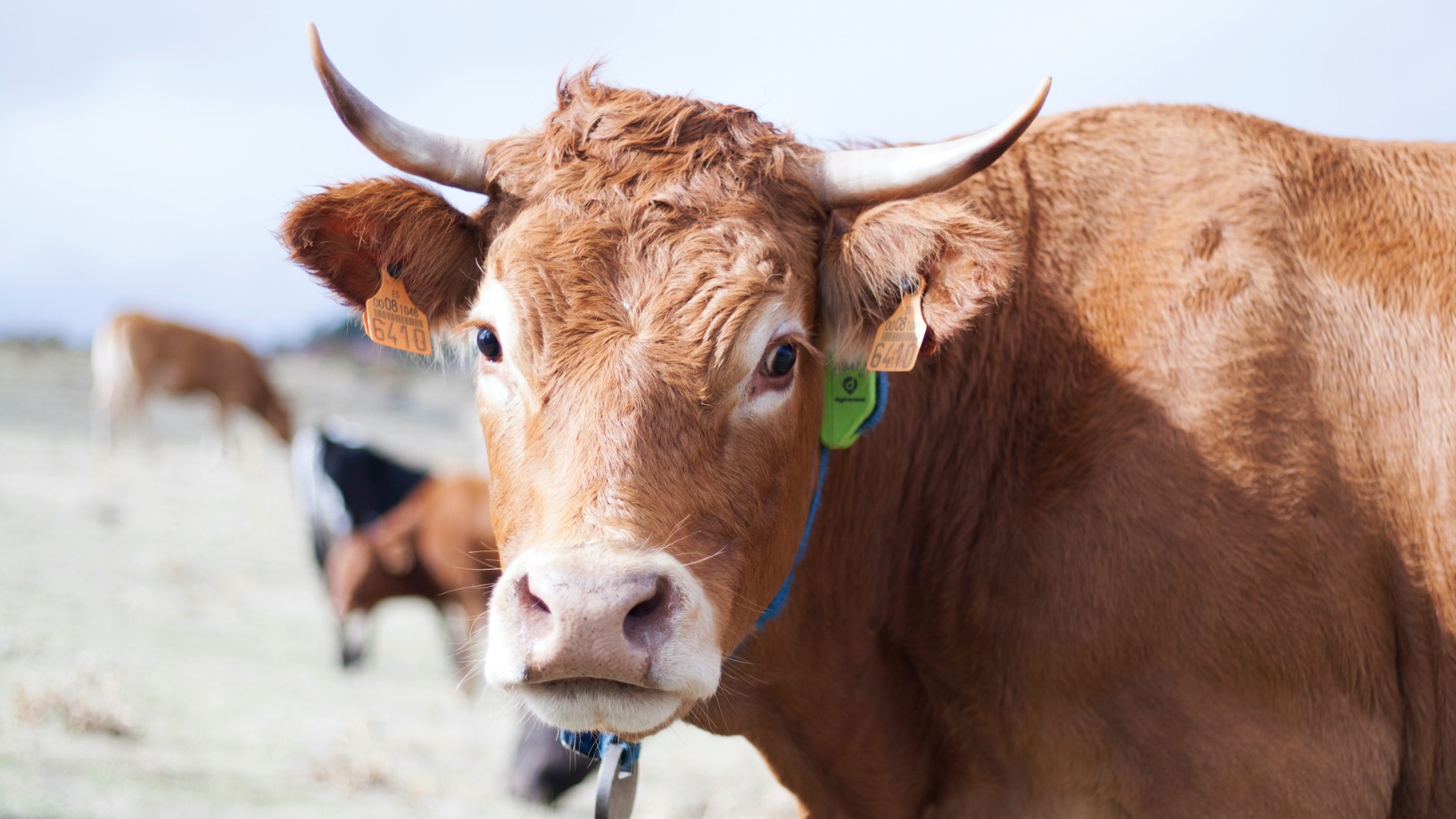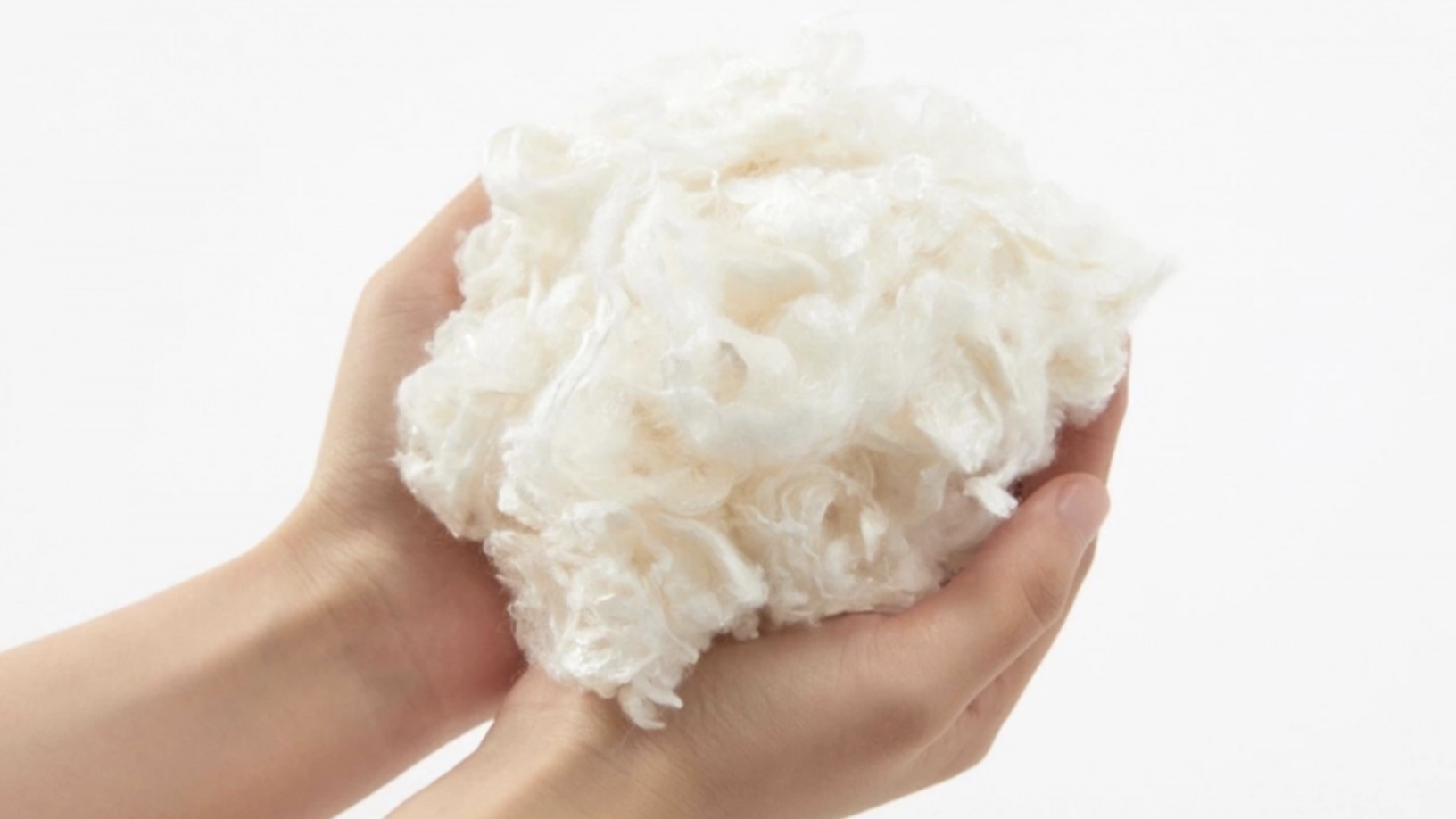Farmers around the world give antibiotics to their livestock to ward off disease and promote growth, but this can lead to other health side effects, including antibiotic-resistance. Australian startup ProAgni tackles that problem with a prebiotic solution that fortifies the bacteria in the livestock’s digestive system, preventing disease and supporting growth.
And as more consumers demand antibiotic-free meat, ProAgni is confident that farmers will use its products and eventually stop using antibiotics. According to ProAgni CEO and co-founder Lachlan Campbell, the idea came from research into kangaroos. In 2015, farming consultant Rob Bell looked into how kangaroos quickly gain muscle mass and emit no methane from their digestion.
“Cattle and sheep at my farm in New South Wales take 20kg of feed to gain 1kg of mass in red meat; kangaroos take only about 5kg of grass to get the same result," Campbell said in an interview. The key, as Bell found, lies in the makeup of bacterial flora in the digestive system of the kangaroo.
As cattle and sheep have similar digestive systems, Bell and Campbell decided to apply the findings to those animals. In 2018, they co-founded ProAgni with business consultant Fiona Soulsby joining as CFO and third co-founder.
Today, ProAgni’s prebiotic supplements and full-feed mix, called ProTect, have been used to feed 1m cattle and sheep in Australia. The product has helped farmers achieve 20% faster growth for their livestock and reduced feeding costs while also removing the need for antibiotics.
The company also wants to expand globally. The US, which has one of the largest livestock farming industries in the world, is high on its list following good results from a small-scale trial in the US. ProAgni was also a recent finalist at Future Food Asia and pitched at the Singapore Week of Innovation and TeCHnology (SWITCH), both virtual conferences organized out of Singapore.
To date, it has raised a total of about A$3m (about $2.3m) in funding from unnamed investors as well as Grant Broadcasters, a media firm from the same Australian town as ProAgni. The startup is currently raising A$7.5m in Series A funding to intensify its R&D efforts and find new business partners to manufacture and market its products.
“The funding from Grant Broadcasting has given us a much longer runway so we’re not in a rush,” Campbell said. “It’s important that we take on investors who are strategically aligned with what we want to achieve.”
Ditching antibiotics
Prebiotic products, such as ProAgni’s ProTect line for cattle and sheep are nutrient supplements that encourage the growth of desirable gut bacteria to support a grain diet, improve digestion efficiency and speed up weight gain while also preventing the growth of disease-causing bacteria. This is especially important when farmers switch from grass- to grain-feeding, as is often done in a drought.
Over several weeks, farmers carefully introduce grain into the animal’s diet to help the microbiome get used to the new diet, but antibiotics are also used in this induction process to facilitate the change. According to Campbell, ProTect reduces the time taken to switch from grass- to grain-feed from three weeks to just seven days, saving farmers feed and antibiotic costs.
What we’re telling them is: if you didn’t have to use antibiotics, why would you?
“When you’re first acclimating animals from grass to grain, there is, and there has been, a need to use industrial antibiotics to help mitigate the risk of acidosis,” Campbell said. Acidosis is a buildup of lactic acid in the animal’s gut that can lead to severe sickness and even death.
However, because antibiotics are used in farms at a subclinical level, there is a risk that antibiotic-resistant bacteria from the livestock’s gut, which could not be eliminated with low-dose antibiotics, would be passed into the environment, which may cause difficult-to-treat diseases among both animals and humans.
In the US, where most livestock are grain-fed, the use of antibiotics is high and this has caused liver problems that can hamper growth and even kill the cattle. “In America, most of the cattle are in feedlots and between 32% and 35% of these cattle have liver abscesses [from the use of antibiotics],” Campbell said.
According to Campbell, ProTect has shown the potential to reduce liver disease. The incidence of liver abscesses dropped to 3%, much lower than the US national average of 35%, in a test group of more than 100 head of cattle that were given ProTect.
"[The use of antibiotics] became normalized over the past 50 years, but to be fair to the industry, the alternatives weren’t there. But technology has moved on. What we’re telling them is: if you didn’t have to use antibiotics, why would you?"
In the past, farmers were less concerned about antibiotic resistance and focused more on using antibiotics to promote growth and yield, but this, according to Campbell, is changing. “We’re saying to them that there’s an alternative that doesn’t have any of those compounds, that is priced at a better point to give them the same performance."
Cutting methane with probiotics
ProAgni is currently developing a new line of probiotic products. Unlike prebiotics, probiotics directly deliver bacteria into the livestock’s gut. This is done to quickly modify the gut microbiome and accelerate the induction process even more than with prebiotics. Campbell said that the accelerated induction process can save farmers up to A$100 per head of cattle.
Probiotics are also the way ahead for ProAgni to implement the second lesson from the research into the kangaroo’s gut bacteria: reducing methane emissions.
By modifying the livestock’s gut microbiome to reduce methane-producing bacteria, ProAgni can reduce the environmental impact of cattle farming. This is especially important as cattle farmers compete with greener alternatives such as plant-based and lab-cultivated meat.
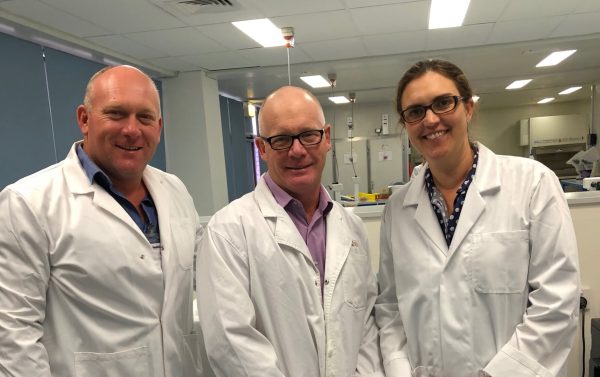
“The world knows that agriculture's contribution to greenhouse gas emissions is large and proportionately will only grow larger as renewables diminish the footprint of coal-fired power stations,” Campbell said.
"If we farmers are to maintain our social license, we have to make changes. The easiest way to do that is from within and to do it respectfully by demonstrating commercial success. We don't tell people how to run their businesses.”
ProAgni will, however, face some hurdles in launching its probiotic products. While it has developed a proprietary method to deliver the anaerobic bacteria into the animal’s gut, the product will have to be approved by regulators in each market. Should ProAgni develop new products with other bacteria species, each new product will also have to be separately approved.
US, Asia and LatAm
ProAgni gained significantly during the last nine months of a three-year drought period in Australia that began in early 2017. This was because farmers had to shift their livestock from grass- to grain-feeding. However, the weather pattern has changed and Australian farmers are now able to move back to grass-feeding, meaning that ProAgni’s sales have dropped.
In 2018, ProAgni won the “Pitch in the Paddock” competition for Australian agricultural startups. In 2020, the company took gold prize for the Agricultural Innovation category at Edison Awards, a global competition for innovative products and businesses.
Although ProAgni is still doing well at home, the company has set its sights on overseas markets. Expanding to the US is crucial because of its sheer market size, as well as its farmers’ reliance on grain-feeding. “In the US, there are usually about 25m head of cattle in the feedlot at any one time,” Campbell said. In Australia the number ranges from 800,000 to 1.3m and changes seasonally.
Besides the US, the ProAgni team is also seeking partners in India, Southeast Asia and South America, which are regions with substantial cattle farming activity. “For emerging markets, we are seeing an opportunity to reduce the cost of producing proteins,” Campbell said.
